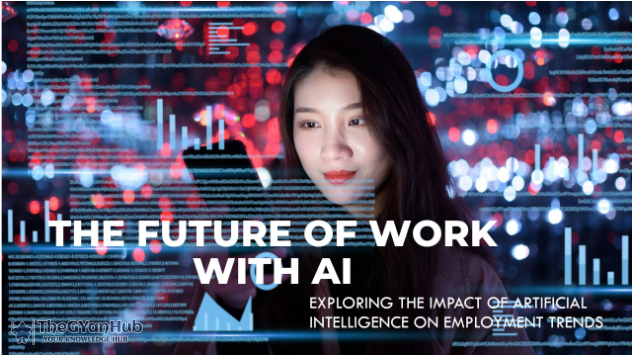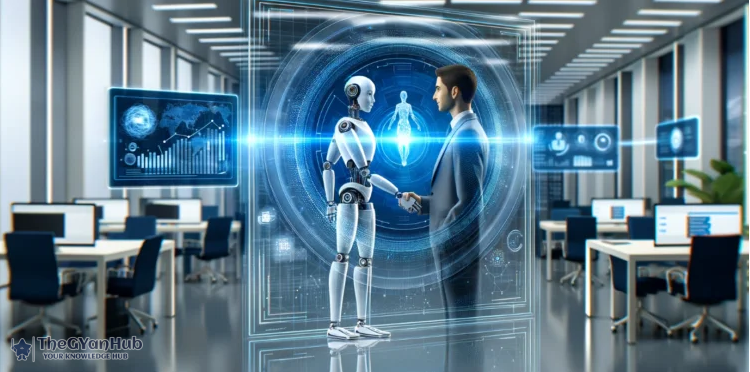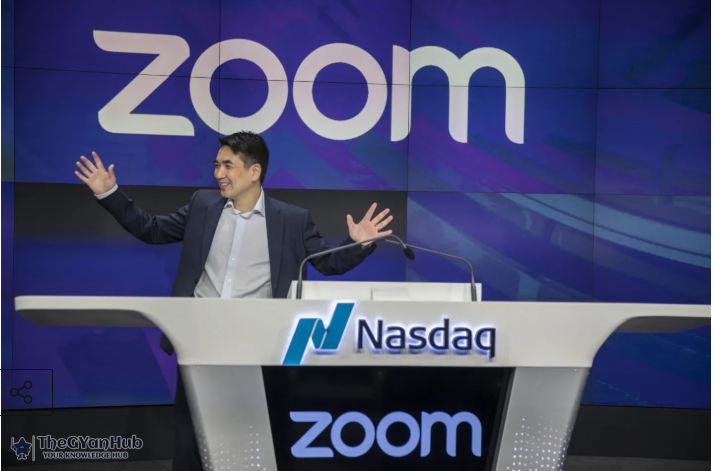I’m a passionate writer who loves exploring ideas, sharing stories, and connecting with readers through meaningful content.I’m dedicated to sharing insights and stories that make readers think, feel, and discover something new.
The Future of Work: AI's Impact on Workweeks
In a recent statement, Zoom CEO Eric Yuan suggested that advancements in artificial intelligence could significantly alter the traditional workweek. He envisions a future where AI enables employees to work just three or four days a week, enhancing productivity and work-life balance. However, Yuan also warned that this technological shift might lead to the disappearance of certain jobs, as AI takes over routine tasks.

AI's Role in Shaping the Modern Workplace
AI has already begun to revolutionize various industries by automating repetitive tasks, allowing employees to focus on more strategic and creative endeavors. Yuan believes that by leveraging AI, companies can streamline operations, reduce costs, and ultimately, shorten the workweek without sacrificing output. This transformation could lead to a more flexible and efficient work environment, benefiting both employers and employees.
The Potential Downsides: Job Displacement
Despite the optimistic outlook, Yuan cautioned that the rise of AI could lead to job displacement for certain roles. As AI systems become more sophisticated, tasks that were once performed by humans may become obsolete. This shift necessitates a focus on retraining and upskilling the workforce to prepare for new opportunities in the AI-driven economy.

Preparing for an AI-Driven Future
To mitigate the potential negative impacts of AI on employment, companies and governments must invest in education and training programs. These initiatives should aim to equip workers with the skills needed to thrive in an AI-enhanced workplace. Moreover, fostering a culture of continuous learning and adaptability will be crucial in ensuring a smooth transition to a future where AI plays a central role.
Invest in reskilling programs to prepare the workforce for AI integration.
Encourage continuous learning to adapt to technological advancements.
Promote policies that support work-life balance in an AI-driven world.
Conclusion: Balancing Innovation and Employment
As AI continues to evolve, its impact on the workforce will be profound. While the promise of shorter workweeks is enticing, it is essential to address the challenges of job displacement and ensure that the benefits of AI are equitably distributed. By proactively preparing for these changes, society can harness the power of AI to create a more productive and fulfilling work environment.
Further Reading
Related articles in this category

El Mencho Killed: The Fall of Mexico's Most Powerful Drug Cartel
February 23, 2026
The recent killing of Nemesio Rubén Oseguera Cervantes, known as 'El Mencho', has led to significant upheaval in Mexico as the Jalisco New Generation Cartel faces a power vacuum. This article explores the implications of his death on the drug trade and national security.

Sam Altman vs. Sridhar Vembu: A Clash on AI and Human Energy Consumption
February 22, 2026
In a recent discussion, Sam Altman compared the energy consumption of AI systems to that of humans, prompting a strong rebuttal from Sridhar Vembu. This article explores their contrasting views on energy efficiency and sustainability.

Trump's Loss, India's Gain? How Tariff Order Could Affect Trade Talks
February 20, 2026
The US Supreme Court's decision to strike down Trump's Global Tariffs Policy may have significant implications for India, potentially reshaping trade dynamics. As New Delhi navigates this change, the global trade landscape could see a shift in power.






